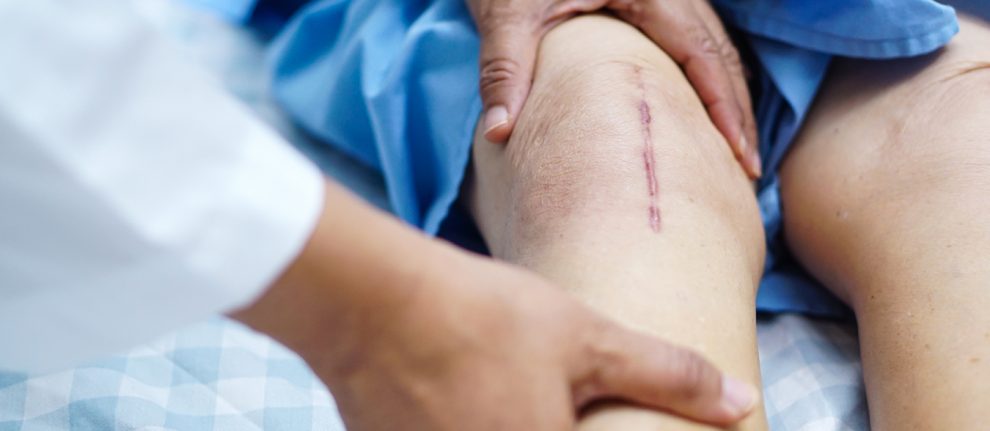The risks of surgery are genuine globally, including Dallas, Texas, and they’re a concern for nearly anyone who has to undergo the procedure. However, some things can be done to reduce the chances of surgical complications occurring. These include taking good care of oneself before surgery, following instructions given by doctors and nurses during recovery time, and avoiding certain behaviors after surgery that could lead to infection or other problems. Here is how to prevent surgical wound complications in Dallas, TX.
Keep the Blood Sugar Levels Low
The biggest thing a person can do to protect themselves from surgical wound complications is not to develop high blood sugar levels before surgery. In almost every case, people with diabetes need to keep their glucose levels under control for weeks before elective surgery to reduce the risk of infection and other problems during recovery.
A person who has had type 1 diabetes for many years and has well-controlled blood sugar levels typically will be required to maintain such control in the months before surgery. A person with type 2 diabetes or prediabetes, on the other hand, may only need to monitor their blood sugar more carefully in the weeks before an operation.
Proper Weight Management
Just as a person who has diabetes needs to control their blood sugar levels before surgery, a person who is overweight or obese should work with a doctor about losing weight. Although it’s sometimes possible to have elective procedures done on an obese or very overweight patient, the risk of complications during and after surgery is much higher than for someone of average weight. Furthermore, a patient who is obese or overweight may need to lose weight before surgery.
Avoid Smoking
People who smoke have a much higher risk of wound complications from surgery than those who do not. If a person smokes, they should quit as soon as possible before surgery. Ideally, a person would give up smoking for months before an operation to improve their circulation and immune system.
Follow Doctor’s Instructions
A person should follow all instructions given by doctors and nurses immediately after surgery. Those instructions often include taking medications, avoiding certain physical activities, and changing bandages or dressing at specific times. A person who doesn’t follow these instructions may risk infection or other problems developing in the surgical wound.
Infection Prevention
Washing hands and keeping all cuts and scrapes clean reduces the risk of wound infections. It’s also a good idea to avoid sharing towels, bedding, razors, and other items with others because doing so can spread disease from one person to another.
Eat Healthily
Proper nutrition is a big part of preventing problems after surgery. People should eat a healthy diet in the months before an operation and not go on crash diets or attempt to lose weight quickly. In addition, a person can boost their immune system with foods such as garlic, yogurt, berries, grapes, lemon juice, oranges, green leafy vegetables, oatmeal, brown rice, beans, fish oil, bananas, walnuts, and chia seeds.
If you’re someone who has to undergo surgery, a few things can be done beforehand to reduce the chances of surgical complications. These include: not having high blood sugar levels before surgery, maintaining proper weight management, and avoiding smoking. Consider following doctor’s instructions, washing hands and keeping cuts clean to prevent infection.







